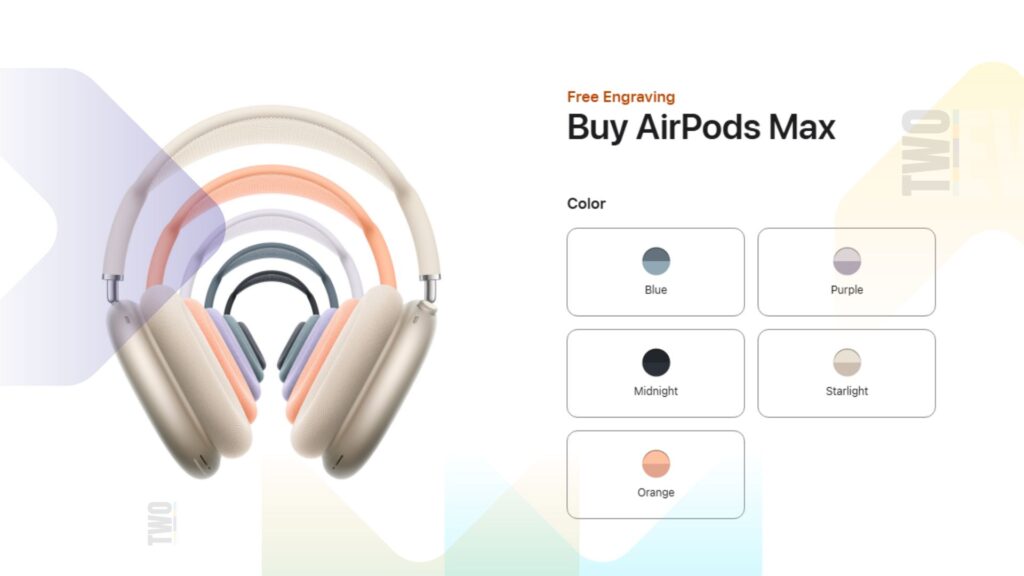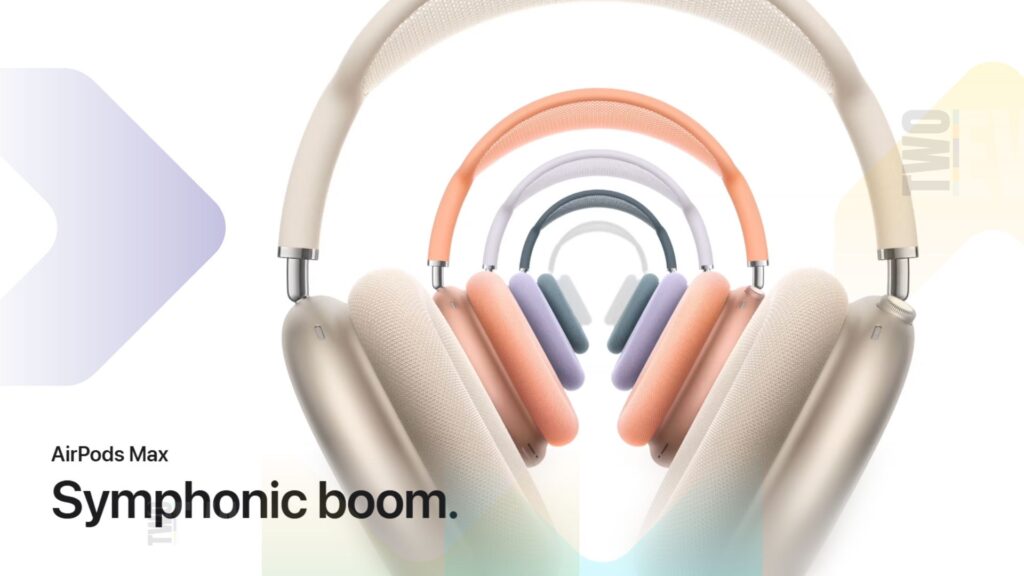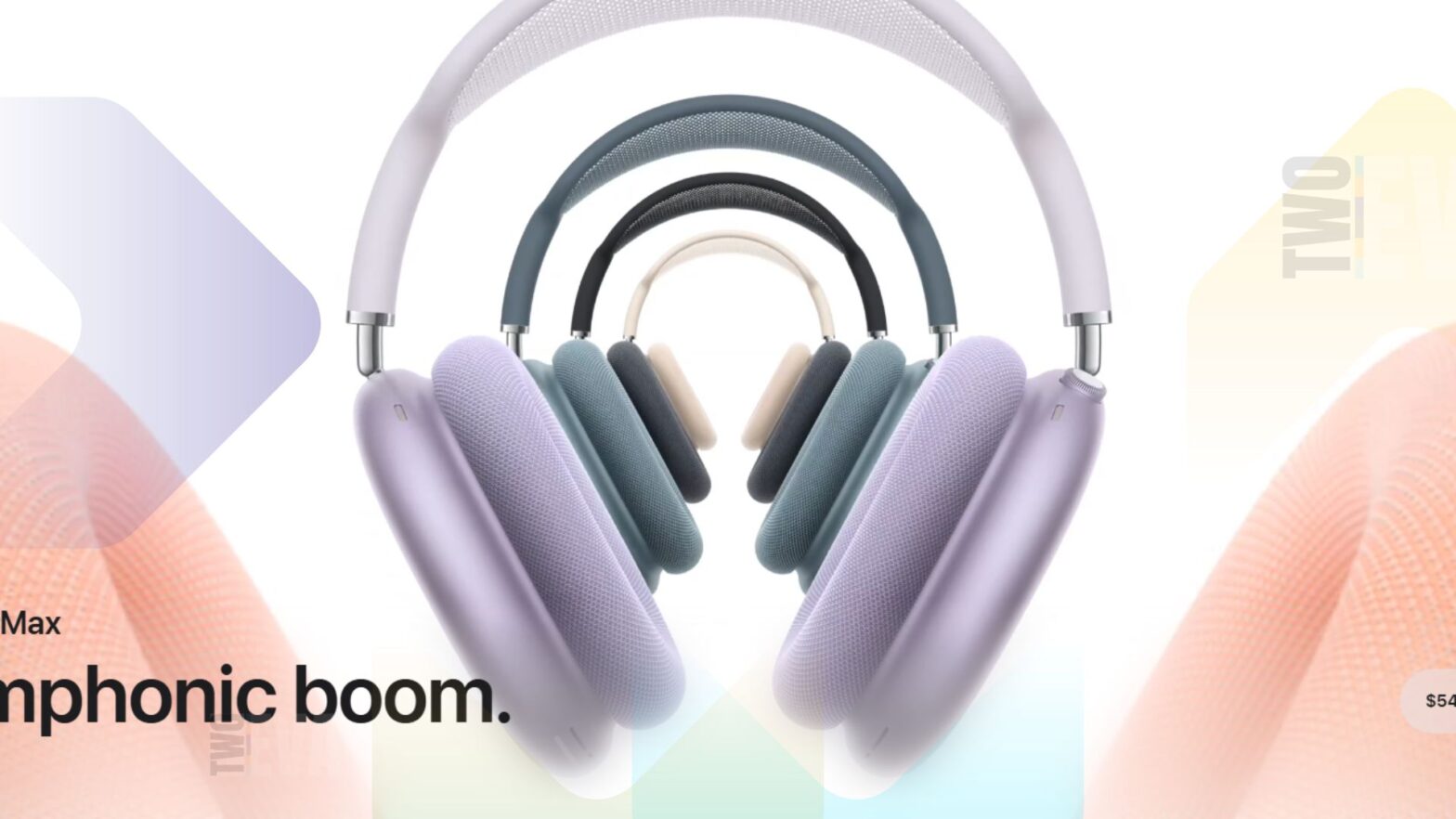Apple has announced a significant update for its AirPods Max headphones. Coming in April 2025, this update will introduce lossless audio and ultra-low latency support, addressing long-standing limitations of wireless audio quality and expanding the device’s functionality for professionals and enthusiasts alike.
The journey to this point has been marked by both anticipation and disappointment. When Apple released the USB-C version of AirPods Max in September 2024, many users and critics were left wanting more. The update, which primarily changed the charging port from Lightning to USB-C and introduced new color options, was seen as minimal. Notably, it lacked support for wired audio playback, a feature available in the original Lightning version through a special cable.
This limitation, coupled with the premium price tag of $549, led many to question the value proposition of the new AirPods Max. Critics argued that the original Lightning version, often discounted, represented a better deal. The absence of lossless audio support was particularly notable, as it had been a requested feature since the original AirPods Max launch in 2020.
Unleashing Lossless Audio

The upcoming update aims to address these criticisms head-on. AirPods Max will now support 24-bit, 48 kHz lossless audio when connected via USB-C cable to compatible Apple devices. This development allows users to experience music with greater fidelity, preserving the integrity of original recordings. As reported by TechCrunch, “Users will be able to listen to more than 100 million songs in lossless audio with Apple Music.”
For audiophiles and music enthusiasts, this represents a major leap forward in sound quality. It brings AirPods Max closer to the level of high-end wired headphones in terms of audio fidelity, allowing users to hear subtle details and nuances that might have been lost in compressed formats.
Ultra-Low Latency: A Game-Changer for Professionals
Alongside lossless audio, the update introduces ultra-low latency audio support. This feature significantly reduces the delay between an audio signal being sent and when it’s heard through the headphones. Apple claims the response delay will be on par with built-in speakers on Mac, iPad, and iPhone.
This improvement is particularly beneficial for gamers, live streamers, and music producers. Gamers will experience more precise synchronization between audio cues and on-screen action, potentially offering a competitive advantage in fast-paced games. For music producers and audio professionals, the reduced latency makes AirPods Max a viable tool for tasks like monitoring live recordings, mixing tracks, or performing with virtual instruments.
Expanding Connectivity and Versatility

To complement these new features, Apple is now selling a USB-C to 3.5mm audio cable, enabling wired connections to various audio sources, including airplane entertainment systems and car stereos. This addresses a key limitation of the previous model and expands the versatility of AirPods Max.
Additionally, musicians will be able to create and mix in Personalized Spatial Audio with head tracking, making AirPods Max a more versatile tool for audio professionals. This feature, combined with the lossless audio quality, positions AirPods Max as a potential replacement for traditional studio headphones in some workflows.
Compatibility and Availability
It’s important to note that these new features will only be available for the USB-C version of AirPods Max. The update will be released as part of iOS 18.4, iPadOS 18.4, and macOS Sequoia 15.4. While primarily designed for the Apple ecosystem, the use of USB-C as the connection standard opens up possibilities for compatibility with non-Apple devices, though the extent of this compatibility remains to be seen.
As Apple continues to push the boundaries of wireless audio technology, this update marks a significant step forward. It not only addresses previous criticisms but also positions AirPods Max as a more compelling option in the high-end headphone market. By bridging the gap between wireless convenience and audiophile-grade sound quality, Apple is setting a new standard for what users can expect from premium wireless headphones.


















